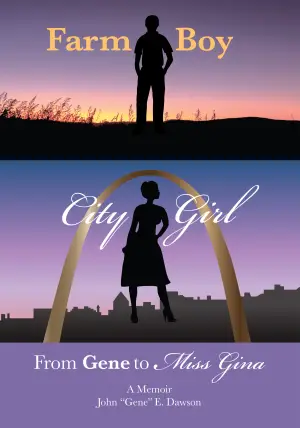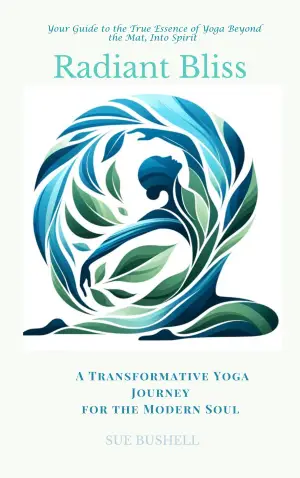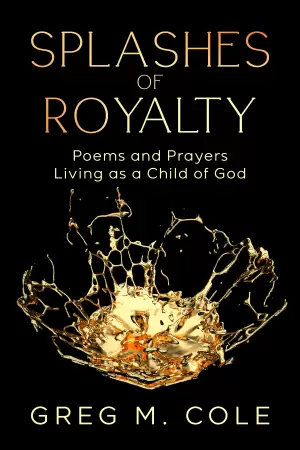A Journey Into the Life of a Complex Woman: A Review of Becoming Elisabeth Elliot
As a millennial evangelical raised in a missions-oriented church, the story of Jim and Elisabeth Elliot has always loomed large in my spiritual upbringing. I grew up hearing tales of Jim’s martyrdom and Elisabeth’s incredible grace in forgiving his murderers, but I never explored her extensive writings. When I picked up Becoming Elisabeth Elliot by Ellen Vaughn, I felt a strange mix of excitement and trepidation, as I wondered if this biography would illuminate the complexities behind the woman I had only known through quotes and anecdotes.
Vaughn’s deep dive into Elisabeth’s life is at once fascinating and frustrating, sparking questions I’d long harbored. The book moves through Elisabeth’s childhood, her courtship with Jim, and her life as a missionary, but not without raising critical reflections on their experiences. For instance, I was curious about how Elisabeth framed Jim’s death. Vaughn presents Elisabeth’s thoughts candidly—her refusal to reduce his murder to a mere act of faith serves as a thought-provoking moment that challenged the pre-packaged narratives many Christians have adopted. One particularly striking line encapsulates this notion, suggesting that such simplification makes a “graven image of God.”
Yet, while some questions were expertly addressed, others lingered like unfinished chapters. Why did Elisabeth and Jim date for five years during a period characterized by nuclear family ideals? Vaughn shares snippets of their courtship, hinting at Jim’s hesitance and Elisabeth’s quiet compliance, but she leaves the intricacies largely unexplored. This omission feels like a missed opportunity, especially when juxtaposed with Jim’s cryptic journal entries about his struggles with desire and commitment. As I read these reflections, I found myself wrestling with uncomfortable questions about their dynamic—was it truly a love story?
The pacing of the book fluctuates. Vaughn’s writing has fresh moments but occasionally veers into territory that feels more superficial, like frivolous pop culture references that distract from the gravity of Elisabeth’s life. While I appreciated moments of insight, others felt hurried, especially during the period of Elisabeth’s personal transformation after Jim’s death. My favorite sections were when she grappled with her grief and began asking deeper questions—questions she later cringed to revisit. This dissonance begs for further exploration; I longed for more context to bridge the Elisabeth who wrote open-heartedly in her journals and the later figure who adhered to proscribed narratives.
After my reading experience, I felt unsettled in the best possible way. Vaughn’s book stirred up a blend of admiration and curiosity, reminding me how much there is to learn about Elisabeth Elliot’s multifaceted life. Yet, I also felt a sense of frustration at its abrupt ending, leaving me craving a deeper understanding—especially given Elisabeth’s status as one of the twentieth century’s most compelling women.
Becoming Elisabeth Elliot is a compelling read for anyone interested in legacy, faith, and the messiness of life lived in the public eye. Those familiar with Elisabeth’s story or those questioning the narratives surrounding evangelical life will find much to ponder. While it may not provide all the answers I sought, it has undoubtedly reignited a conversation about authenticity, commitment, and the complexities of faith.
Ultimately, I hope for a future volume that might delve deeper into the layers of Elisabeth’s life. For now, this biography has left me with a book hangover that reflects not only the weight of her story but also the beauty of the questions yet unanswered.
Discover more about Becoming Elisabeth Elliot on GoodReads >>












